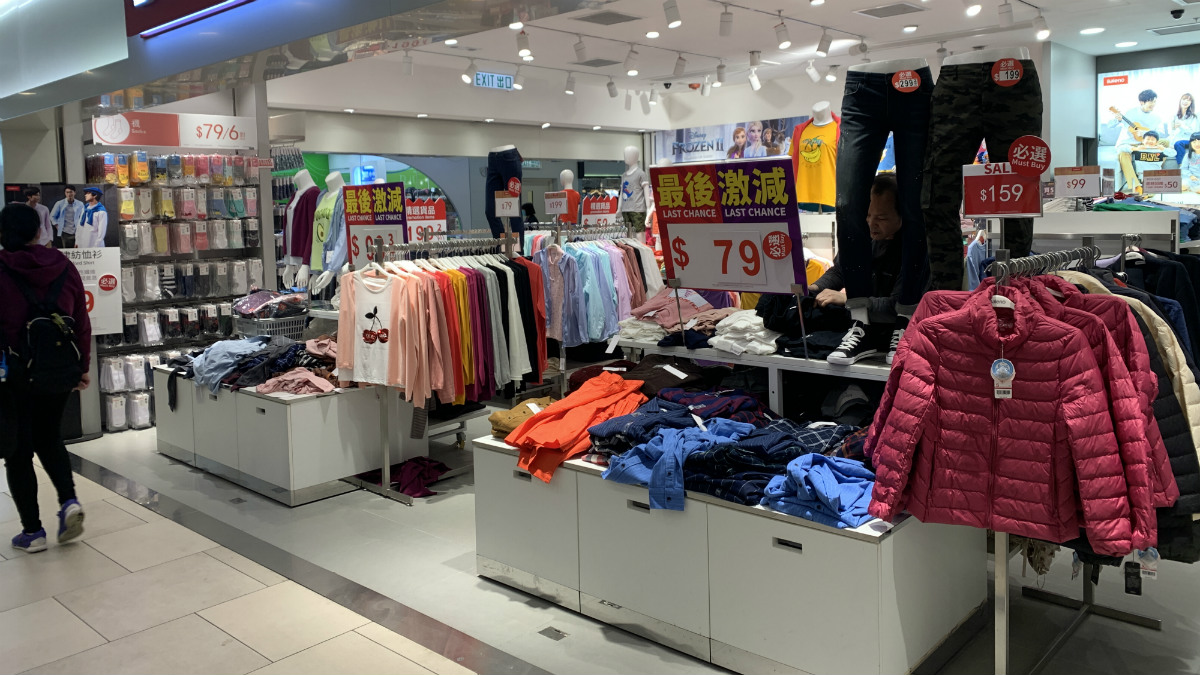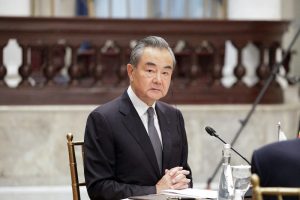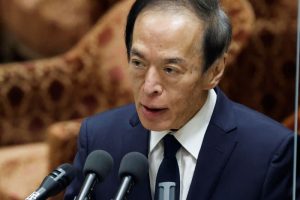(ATF) After long periods in lockdown, consumers in China have become wary about shopping far from home, leaving malls and big stores empty. But officials have now taken up an idea proposed recently to issue free vouchers as a form of economic stimulus to get people shopping again.
Some 17 provinces and regions – such as Hangzhou, Guangxi, Nanjing and Foshan – have announced plans to give away up to 5 billion yuan (US$705 million).
Officials in Foshan in Guangdong said on today (April 2) the city will issue 100 million yuan worth of consumer vouchers. Consumers can participate through Alipay or the Foshan App. In the first issue of consumer vouchers, Foshan will spend an additional 50 million yuan on consumer vouchers to promote urban economic recovery and development, officials said.
Wu Binzhen, deputy director of the Department of Economics at the School of Economics and Management at Tsinghua University, who has been engaged in public economics research for a long time, said: “What we hope most is that the government spends a small amount of funds to activate everyone’s enthusiasm for consumerism and to stimulate companies, stimulate consumption as soon as possible, and promote normal operation of the economy as soon as possible.
“Local governments have been actively participating in this battle for economic recovery, encouraging spending on ‘code’ by issuing electronic consumer vouchers.”
Areas involved and amounts growing rapidly
According to incomplete statistics, more than 17 provinces and cities have said that electronic consumer vouchers have been issued or will be issued in the near future. The areas and amounts involved are growing rapidly, and the total amount now exceeds 5 billion yuan.
Vouchers vary from place to place. In Hangzhou, China’s richest city, officials started issuing a total of 1 million e-vouchers worth 50 yuan cash each through Alipay at 10am this morning (April 2). Previously, an initial batch of Hangzhou consumer coupons totalling 1.68 billion yuan was launched, and the first 2 million vouchers were grabbed in “seconds” on a first-come first-served basis.
Also today, Zhengzhou announced that it will issue 400 million yuan of consumer coupons, from April 3, through Alipay, Huangqiu reported. In 4.5 days, Hangzhou will “activate” a further 700 million yuan. As this is “electronic money” users can use it for any purpose.
Liu Yuanju, a researcher at the Shanghai Institute of Finance and Law, said that digital consumer vouchers are helping the local consumer market to pick up quickly.
Dalian Wanda
Not to be left out, Dalian Wanda Group will offer coupons worth nearly 200 million yuan (about $28.2 million) to consumers to encourage spending in its vast offline retail network.
The company’s 320 Wanda Plazas will offer a total of 3.84 million coupons to consumers this month, with each coupon worth 50 yuan, Wanda said in a statement. The move is expected to boost business for its over 60,000 merchant partners in Wanda Plazas amid the Covid-19 epidemic.
As reported by ATF, a Jianghai Securities analysis showed that the “problem” was not that residents do not have time to travel and spend, but their income was expected to decline. The firm suggested that the government should lower loan rates and issue consumer vouchers – a mechanism similar to a universal basic income that could be given to consumers for free to exchange for goods to stimulate growth. In the end, local officials have decided to give away free “electronic cash”.
‘A short-term solution’
Jianghai Securities said: “It is undeniable that consumer vouchers can definitely stimulate consumption in the short term, but how long they would persist is unclear. After all, the decline in residents’ income is now expected to be strong.
“The issuing of consumer vouchers is like a discount on goods – consumers still have to pay extra cash for consumption. It may be effective for ‘rigid’ consumer goods, but the stimulating effect on optional consumer goods may not be good, because with the expected decline in income, residents will reduce consumption of optional consumer goods. And only by continuously issuing consumer vouchers would it be possible to continue to promote the expansion of consumption so there is no uncertainty about the sustainability of consumer vouchers to boost consumption.”
Jianghai Securities also called for incentives to spur people to buy cars, and for a reduction in working hours and encouraging domestic tourism.
























